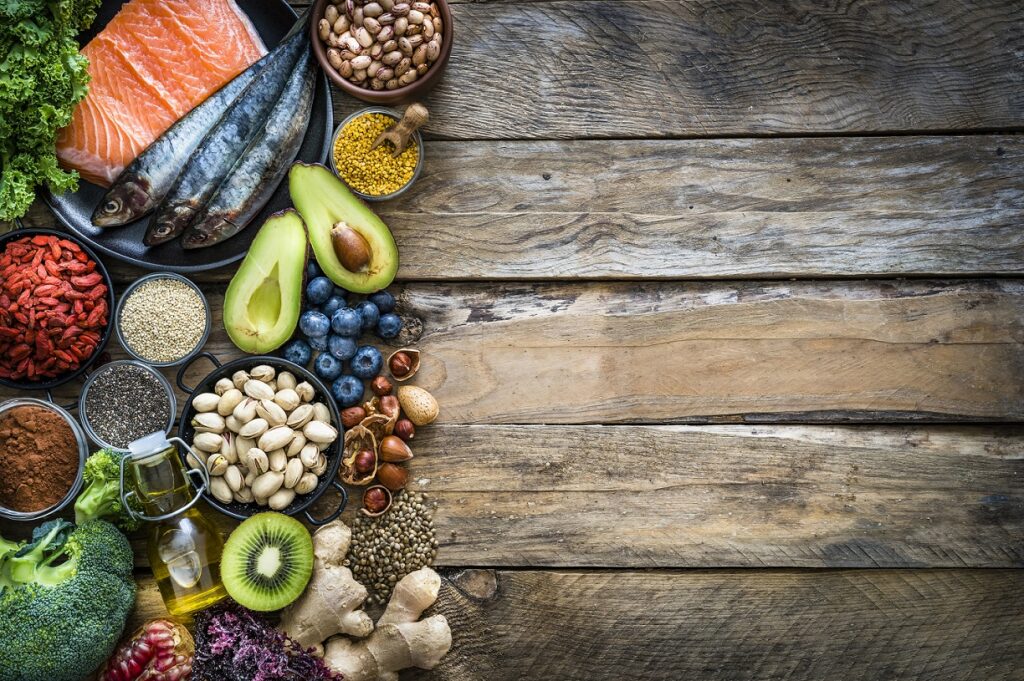- Newry: 028 308 33666
- Galgorm: 028 252 56093
- Omagh: 028 828 39678
What You Need to Know About Dealing with Food Allergies

In the UK, it is estimated that 1-2% of adults and 5-8% of children have a food allergy. This equates to around 2 million people living in the UK with a food allergy and this figure does not include those with food intolerances. Read on to discover more about allergies and how to deal with them.
A food allergy is when the body’s immune system reacts unusually to specific foods. Although allergic reactions are often mild, they can be very serious. In the most serious cases, a person has a severe allergic reaction (anaphylaxis), which can be life threatening.
Many people with allergies can trace symptoms back to infancy – particularly eczema. The worse the child’s eczema and the earlier it started, the more likely they are to have a food allergy. It’s still unknown why certain people develop allergies to food, although they often have other allergic conditions, such as asthma, hay fever and eczema.
Food allergies are divided into 3 types, depending on symptoms and when they occur.
- IgE-mediated food allergy – the most common type, triggered by the immune system producing an antibody called immunoglobulin E (IgE). Symptoms occur a few seconds or minutes after eating. There’s a greater risk of anaphylaxis with this type of allergy.
- Non-IgE-mediated food allergy – these allergic reactions aren’t caused by immunoglobulin E, but by other cells in the immune system. This type of allergy is often difficult to diagnose as symptoms take much longer to develop (up to several hours).
- Mixed IgE and non-IgE-mediated food allergies – some people may experience symptoms from both types.
Normally food allergy symptoms appear within a few minutes of eating the offending food, although they may be delayed by up to a couple of hours. The symptoms are usually those of ‘classic’ allergy, some of which are listed below:
- Gut reactions: Abdominal pain, vomiting, diarrhoea
- Skin reactions: Itching and swelling (rash or nettle rash)
- Respiratory reactions: Runny nose, sneezing, wheeze, cough
The best way to prevent an allergic reaction is to identify the food that causes the allergy and avoid it. Here’s some things you should keep in mind:
- Avoid making any radical changes, such as cutting out dairy products, to your or your child’s diet without first talking to your GP. For some foods, such as milk, you may need to speak to a dietitian before making any changes.
- Antihistamines can help relieve the symptoms of a mild or moderate allergic reaction. A higher dose of antihistamine is often needed to control acute allergic symptoms.
- Adrenaline is an effective treatment for more severe allergic symptoms, such as anaphylaxis.
People with a food allergy are often given a device known as an auto-injector pen, which contains doses of adrenaline that can be used in emergencies.
Our independent healthcare services at Duality Health offer tests for a wide range of allergens. We can check for specific substances, but it is usually better to test for a group of potential allergens. That way, patients are more likely to find the cause of their symptoms. Contact us today to book a private GP consultation.